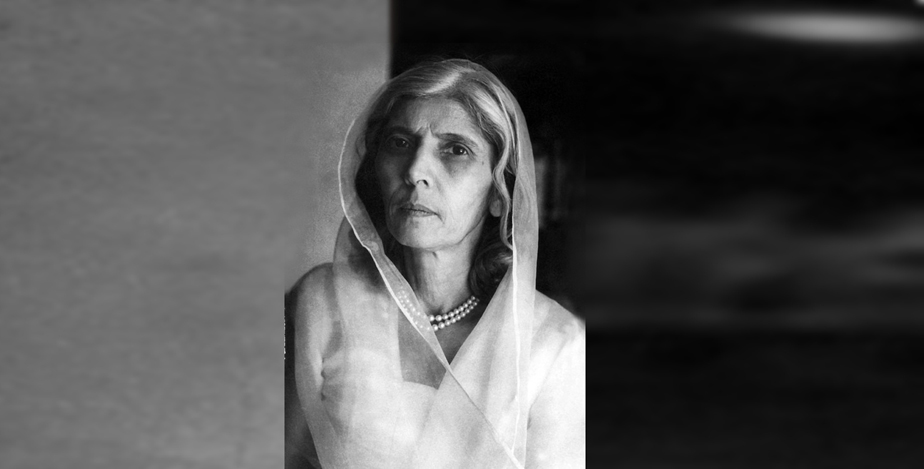The Mother of the Nation: Fatima Jinnah’s Legacy
Mohtarma Fatima Jinnah, known as the “Madar-e-Millat” (Mother of the Nation), stands as one of Pakistan‚Äôs most revered figures. She played a pivotal role in Pakistan‚Äôs creation, and her dedication to the cause of Muslims in South Asia is unparalleled. Fatima Jinnah was a strong, intelligent woman who supported her brother, Quaid-e-Azam Muhammad Ali Jinnah, and worked tirelessly for the creation of Pakistan.
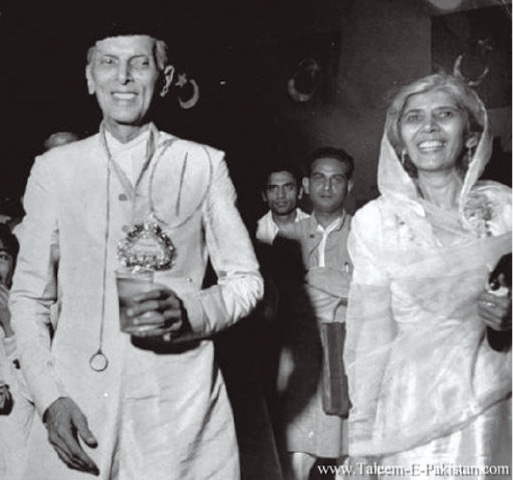
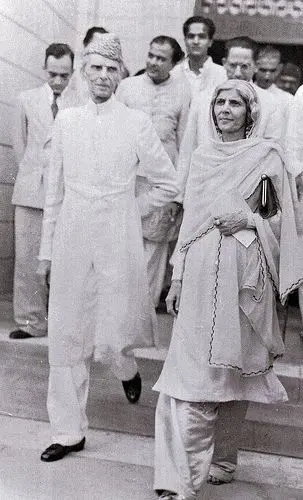
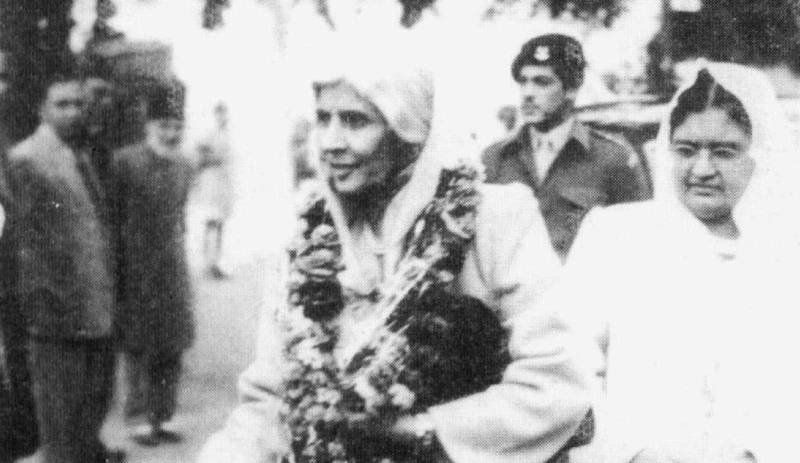

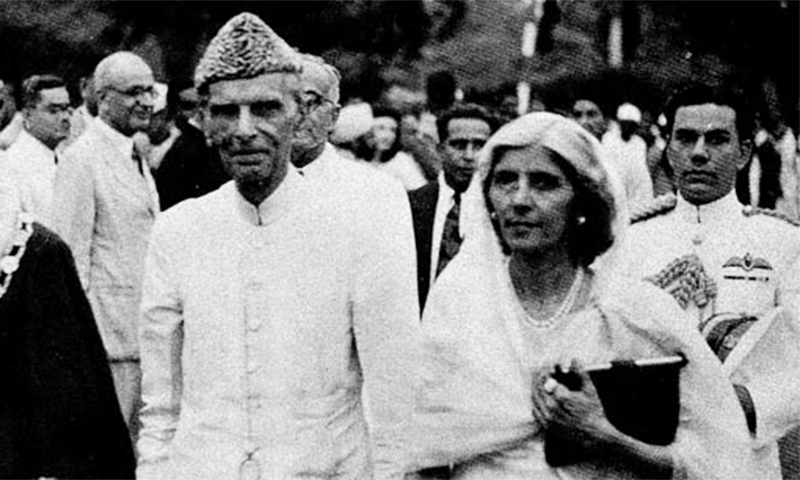
Early Life and Education
Fatima Jinnah was born on July 31, 1893, in Karachi. She was the youngest of seven children in a progressive family. Fatima shared a close bond with her brother, Muhammad Ali Jinnah. Her intellectual potential was recognized early on. She attended Bandra Convent School in Bombay (now Mumbai) and then studied at the University of Calcutta. In 1923, she became one of the first Muslim women in the subcontinent to earn a degree in dental surgery.
Her achievements in education set the stage for her future work in Pakistan. She became a pioneer for Muslim women in the region and served as a role model for future generations.
Involvement in the Pakistan Movement
Fatima Jinnah’s political journey closely followed her brother‚Äôs. After his wife passed away in 1929, Fatima moved in with him and became his closest confidante. As Quaid-e-Azam led the struggle for a separate homeland for Muslims, Fatima became deeply involved in the Pakistan Movement. She worked alongside him, advocating for Muslim rights in India.
Fatima played a key role in organizing the All-India Muslim Women’s Sub-Committee of the Muslim League. She encouraged Muslim women to join the movement and fight for their rights. Fatima‚Äôs public speeches and activism helped inspire countless women to take an active role in the political process.
Post-Independence Contributions
After Pakistan was established in 1947, Fatima Jinnah continued to serve the nation. Following her brother’s death in 1948, she withdrew from public life for a time. However, her commitment to Pakistan’s well-being never wavered. In 1965, she decided to run for president against the military dictatorship of President Ayub Khan.
Her candidacy was a bold statement in favor of democracy and civil liberties. Despite facing major challenges, such as media censorship and electoral manipulation, Fatima’s campaign resonated with many Pakistanis. Although she did not win, her courage made her a respected figure in the political landscape.
Fatima Jinnah’s Lasting Legacy
Fatima Jinnah‚Äôs legacy extends beyond politics. She was a champion of women’s rights and social reform. Her work in the field of public health, particularly in dental care, earned her recognition. Additionally, Fatima advocated for education for women, believing it was essential for the nation‚Äôs progress.
She passed away on July 9, 1967, but her influence remains strong in Pakistan. Fatima Jinnah’s life serves as a testament to resilience, integrity, and dedication to public service.
Conclusion: A National Hero
Fatima Jinnah’s contributions to the Pakistan Movement and her post-independence political efforts have solidified her place as a national hero. She was a steadfast supporter of her brother’s vision for Pakistan and worked tirelessly to ensure that democracy and justice would prevail. Fatima remains a symbol of courage, patriotism, and unwavering dedication to equality and justice.
